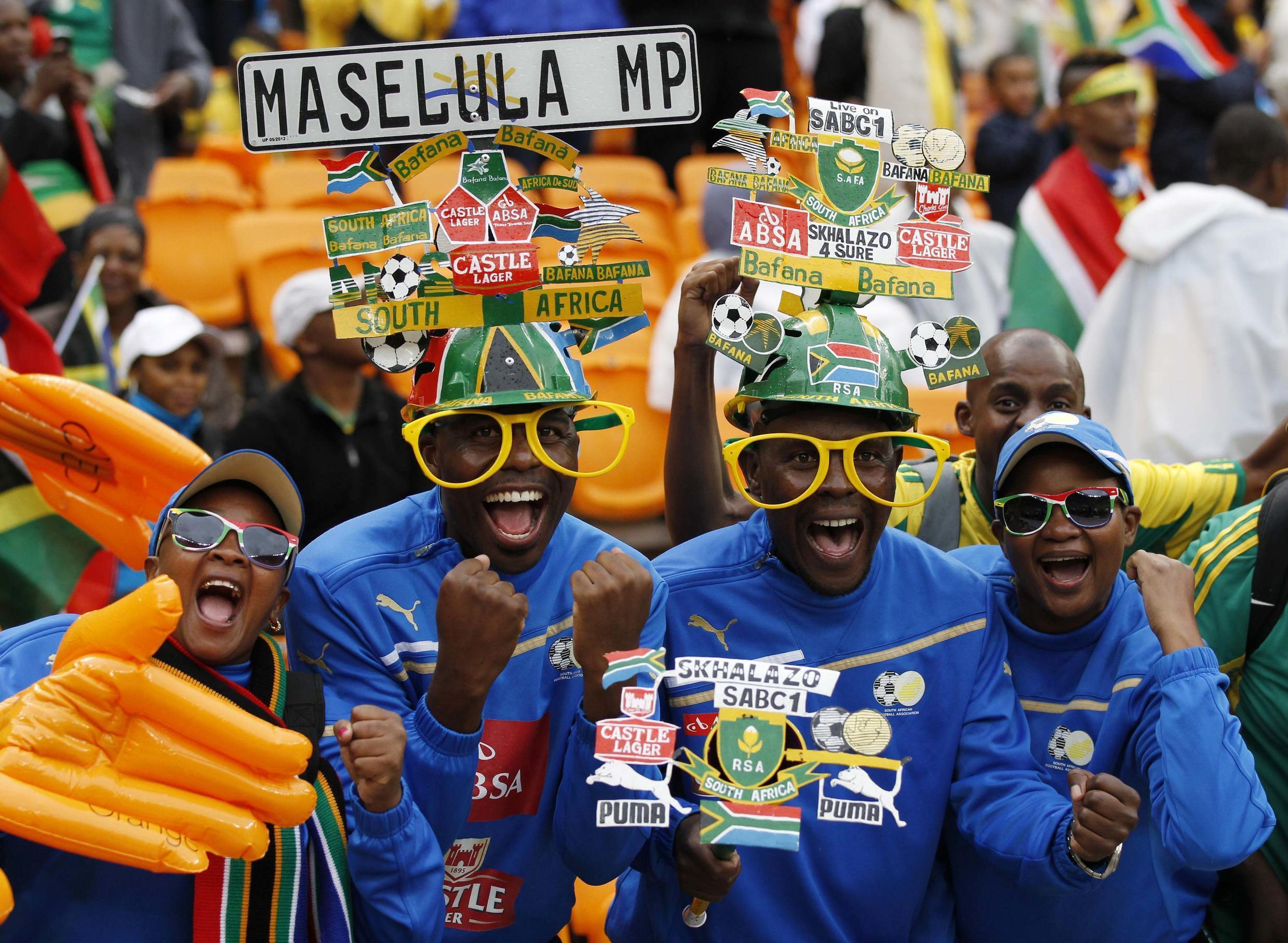French press review 6 February 2013
No French papers have been delivered to news vendors, or RFI's office, this morning because of a strike by distributors, the 30th such industrial action in recent months. But we look at the online versions of the newspapers.
Issued on:

In an editorial on its web site, Libération warns that this succession of strikes puts the very survival of the print version of the paper under additional stress.
Already facing increased production costs, declining sales, drastically reduced advertising income, the printed press is an endangered species.
The strikers are objecting to a proposed reorganisation of the distribution system. Soon, says Libé, there'll be nothing for them to distribute anyway.
Libé's electronic front page has President François Hollande playing with two hand puppets of ... President François Hollande.

The story is linked to recent right-wing complaints that presidential nominations to top civil service jobs have all involved Socialist sympathisers, leading to the creation of a party-state machine.
Le Figaro gives pride of place to French plans to withdraw troops from Mali as early as next month. Always assuming there are no setbacks in the war against the disappearing enemy.
France intends to hand over responsibility to Malian and other African troops as soon as possible. Nobody seems to be considering the possibility that a French withdrawal could be exactly what the Islamist and other factions in the northern desert are waiting for.
The front page of Catholic La Croix also looks to Mali, suggesting that reconciliation is a long way in the future. The political crisis in the wake of last year's coup, the inevitable revenge attacks in time of turmoil, the fear that the sheiks of sharia could return to burn more books, amputate more hands and feet, all that and more has to be digested in a country that is among the world's poorest.
The war may or may not be over. Mali still has to win the peace.
The global economy may still be in a complete shambles but there's at least one encouraging sign on the front page of this morning's Le Monde.
The headline reads "United States sue Standard & Poor's". The story explains that Washington wants to be compensated for federal losses incurred because the ratings agency was apparently less than lucid in its estimation of the danger of some of the toxic financial products that helped to provoke the crash in 2008.
For example, Standard & Poor's were still advising clients that the Lehman Brothers Bank was a rock solid investment on 15 September 2008, the day Lehman and his brothers went down the tubes, dragging the rest of us after them. S&P's also missed the fact that the insurance giant AIG was 150 billion euros in the red.
Federal authorities feel that sort of failure deserves to be sanctioned. Private negotiations have not led to an agreement, so the parties are headed for the law courts. If it loses, the agency which has terrorised Europe's finance ministers for the past five years could have to cough up one billion dollars in damages. That's got to be good news.
Less encouraging is Le Monde's front-page editorial on cheating in top level sport.

You thought sporting competition was about effort, courage, selfless generosity, skill, the extraordinary gesture?
Well, wake up and smell the reality.
This morning, Libération's website reports that French handball hero, Nicolas Karabatic, and six other players have been suspended on suspicion of cheating.
We've recently had Lance Armstrong admit he pulled off seven Tour de France cycle wins on the biological equivalent of rocket fuel; the London Olympics netted the usual batch of doped weight-lifters and steroid-soaked also-rans.
The fact that there were so few positive tests makes most people suspect that the cheaters are getting better, not that the athletes are getting more honest.
Now Europol, the continental police organisation, is looking into match-fixing in European football.
Between 2008 and 2011, according to a police spokesperson, no fewer than 680 matches worldwide ended with suspicious results.
Dozens of players, referees, club officials and stadium employees are suspected of contributing to falsify results, to the benefit of betting consortiums, most of them based in Asia, with hundreds of billions of euros at stake.
And we used to call football "the beautiful game".
Daily newsletterReceive essential international news every morning
Subscribe